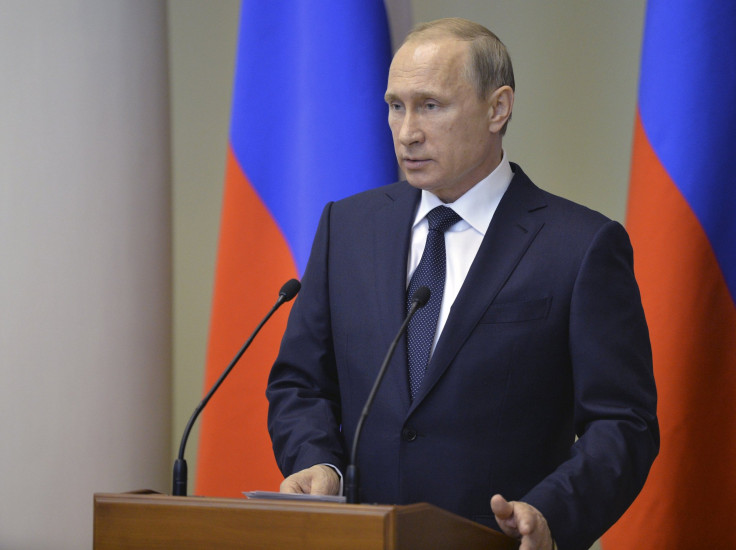Kremlin Denies Soldiers Captured In East Ukraine By Kiev Forces Are Russian

Just 24 hours after Russian president Vladimir Putin passed a law that made information related to peacetime Russian military casualties a secret, the Kremlin has denied that two Russian men captured by Ukrainian armed forces are members of the regular Russian army.
Moscow instead claims that both men, who are currently hospitalized and under military supervision in a Kiev hospital, are mercenaries who left the army upon completion of their contracts in December 2014. Neither has said whether they are part of the Russian military.
Ukrainian leaders, along with Western governments, have long claimed that Russian forces are involved in the war that began in April 2014. However, a recently released report by Russian opposition politician Boris Nemtsov, who was murdered in Moscow earlier this year while working on it, claimed that regular Russian army soldiers were discharged on purpose so they could fight in eastern Ukraine as volunteers with pro-Russian rebel groups. The idea, Nemtsov claims in his report, was hatched in order to give Moscow plausible deniability that Russia was ever involved in the war at all.
Lawyers representing the men, identified as Alexander Alexandrov and Yevgeniy Yerofeev, said that the head of the consular department at the Russian embassy in Kiev, Alexei Gruby, confirmed Moscow’s position.
"According to Gruby,” a lawyer said on Friday, “Russia's official position today is that these servicemen, whose contract [with the Russian Armed Forces] expired in December 2014, are mercenaries and have nothing to do with the army.”
The Kremlin may also be attempting to censor reporting on Russia’s involvement in east Ukraine. Alongside the new secrecy law that makes it illegal to report Russian military casualties in peacetime, there have also been sightings of mobile crematoriums in Ukraine's contested Donbas region, which may be intended as an inconspicuous way to dispose of Russian soldiers' bodies.
“It is a way for the Russian government to try to protect itself from the public opinion fallout and potential domestic opposition to the Ukraine crisis,” said Sarah Lain, research fellow and expert on Russia and the former Soviet Union at the Royal United Services Institute, a London-based think tank on defense and security. “Putin knows that one thing threatening his own and his government's public support is the public anger at the return of body bags containing Russian soldiers killed in a war they are allegedly not fighting.”
Putin’s popularity numbers indicate the strategy may be working. The president's approval rate, which stood at 83 percent in May 2014, increased to 86 percent one year later, according to a poll taken by the independent Levada Center, a Russian independent polling and sociological research organization. The poll found that 60 percent of those questioned also don’t believe a war in Ukraine is even happening and only 25 percent think that Russian soldiers are fighting in Ukraine.
“So far, [Russian officials] have managed to keep a relative hold on any serious reaction or public outcry at this,” said Lain, “but as the casualties increase, this becomes more difficult. Putin does not want to risk his own position, or that of his government's, which has gained in popularity over its strong stance on Ukraine.”
© Copyright IBTimes 2024. All rights reserved.






















